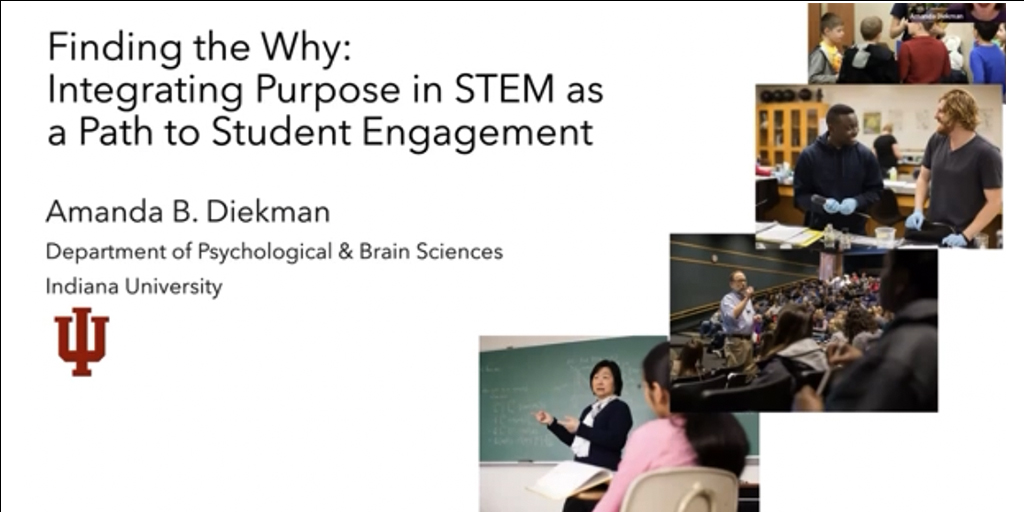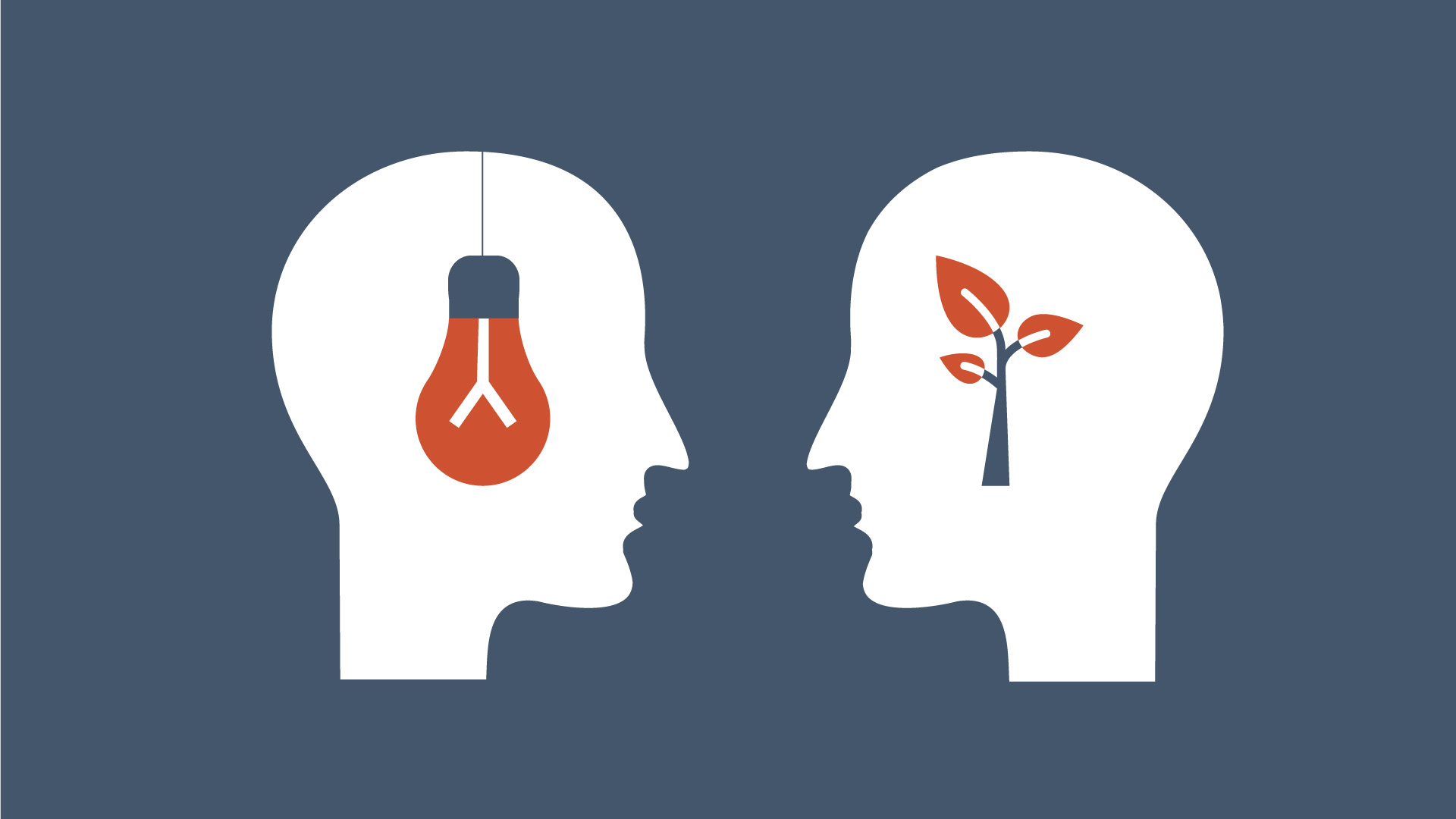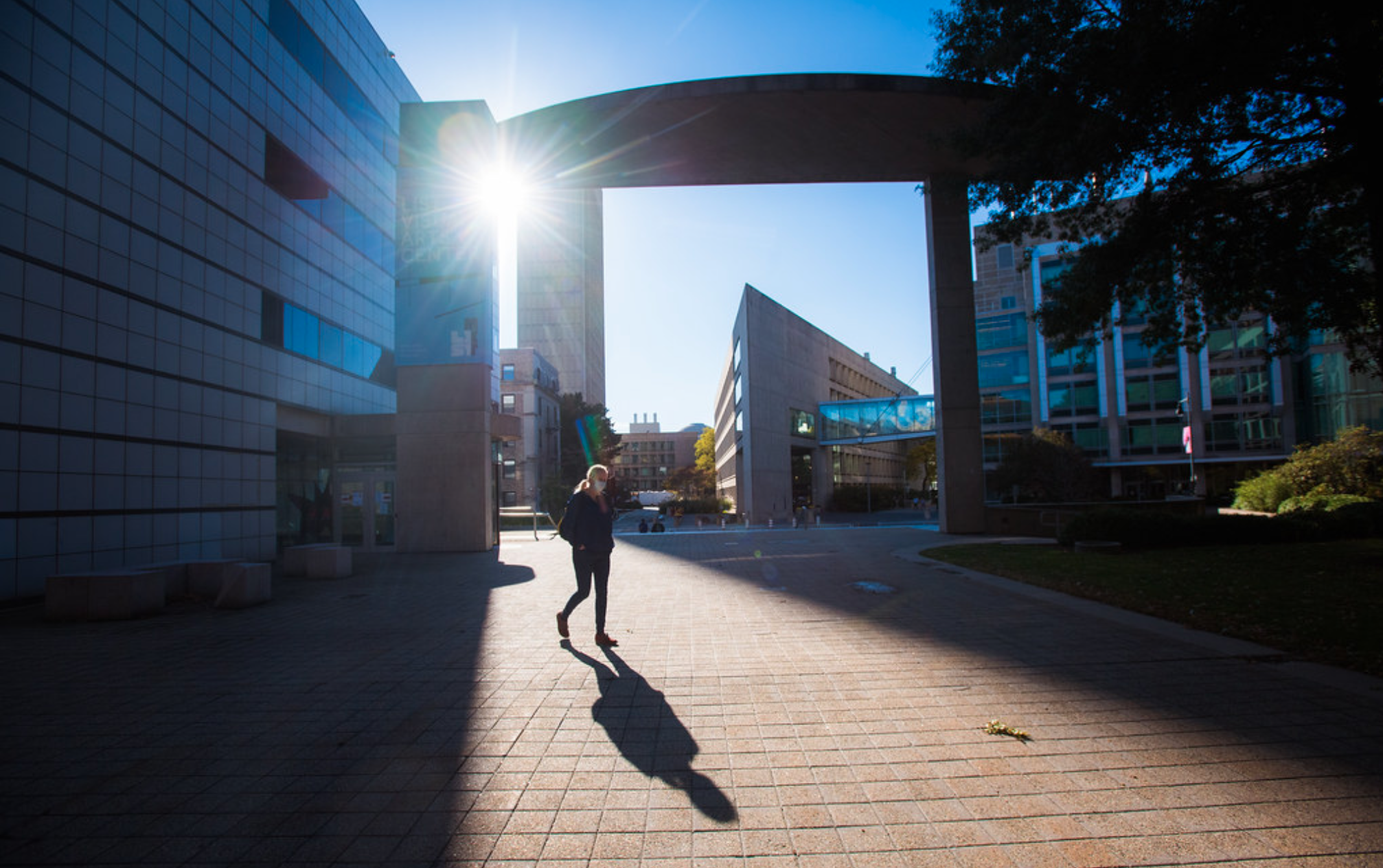
On Thursday, September 28, 2023, we hosted Dr. Amanda Diekman to discuss how considering students’ “why” in pursuing STEM fields provides a valuable vantage point to foster both broader participation and deeper engagement in STEM.

On Wednesday, May 10, we hosted Dr. Cristina Zepeda to discuss her latest research on how instructors can design their courses to help students more effectively use metacognitive and motivational […]

What are worked examples? Worked examples are step-by-step illustrations of the process required to complete a task or solve a problem. In a worked example, students are provided with the […]

Why Is It Important? A fundamental goal of education is to promote enduring learning that equips students with the skills, knowledge, and beliefs that can be applied to solve problems […]

by Lourdes Alemán & Melissa Cao Although student mental health has long been a concern in higher education, the pandemic, by its very nature, exacerbated students’ mental health. The pandemic […]

Key takeaways: A more holistic approach to student thriving considers external factors in a student’s environment that may impact their performance. The holistic model seeks ways to support students as […]

On March 30, 2022, TLL hosted a talk by Professor Carlton Fong of Texas State University on the many ways the COVID-19 pandemic impacted student motivation. Professor Fong discussed evidence-based […]

Charged and stressful events occurring on campus or in the national or global community can create challenging classroom dynamics and distract students from their academic work. As an instructor, your […]

On February 16, 2022, we hosted a talk by Professor Eric Mazur of Harvard on how the COVID-19 pandemic transformed his approach to teaching introductory physics and why he is […]

On October 26, 2021, we hosted a talk by Dr. Mays Imad on Trauma-Informed Teaching. Dr. Imad’s talk built on neuroscience research on trauma and learning and her experiences using […]

